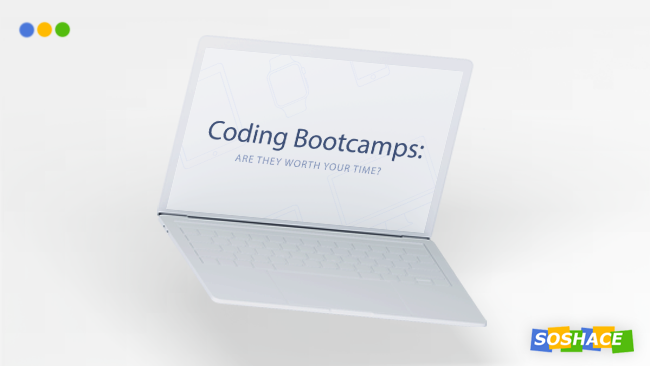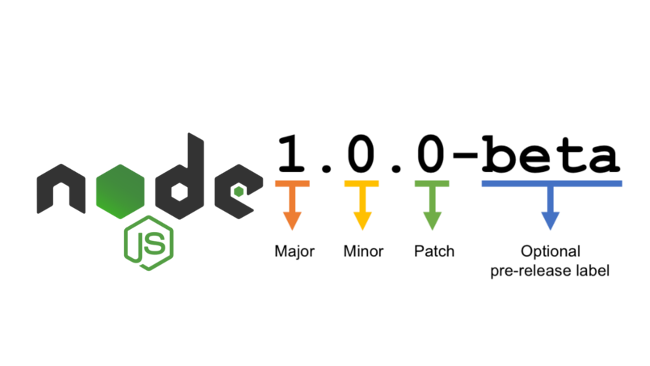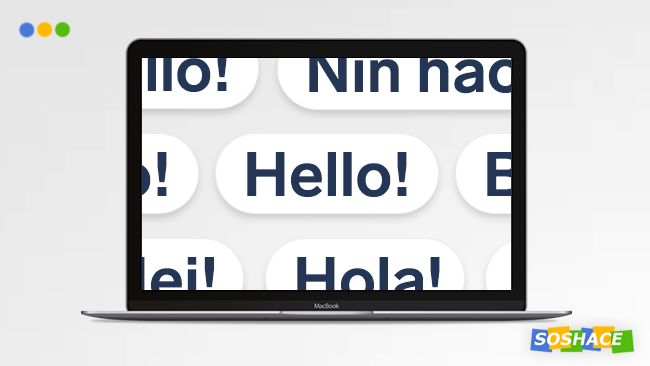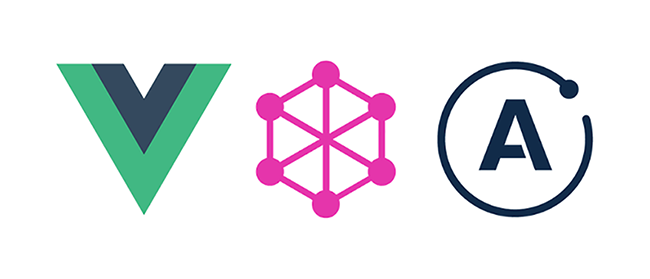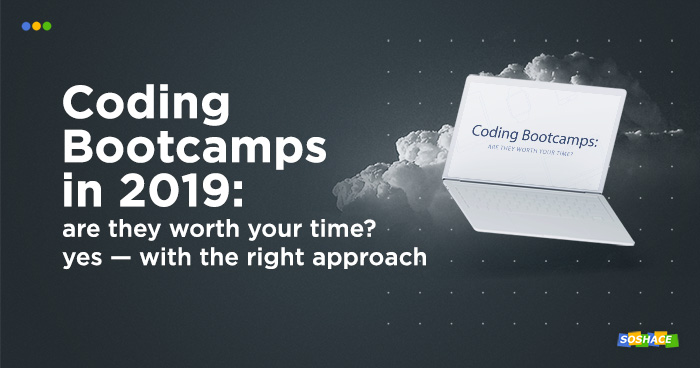
“Coding bootcamp” is the new buzzword that many developers (especially aspiring developers) are hearing more and more often. Indeed, the interest in coding has brought about many ways to learn programming: courses, YouTube guides, blogs, books (both neat little ones you can skim through in a few hours and full-blown manuscripts which will take months to fully comprehend).
Another great way of learning code is coding bootcamps. Although it’s not necessarily a trend or a new phenomenon, the demand for code-related professions has been growing rapidly — and coding bootcamps are turning out to be a working method of satisfying this demand.
Coding bootcamps, however, is a controversial topic for the development community. Despite the self-evident advantages that they offer (teaching people how to build great things), some people in the IT sphere criticize these bootcamps for various reasons.
So are coding bootcamps actually worth your time, money, and effort? In this article, we’ll address these questions and take a closer look at this problem from both sides — we’ll discuss the benefits, but we’ll also explore the pitfalls and problems you might encounter when attending bootcamps.
The bigger picture: all about bootcamps
It’s hard to discuss this topic without exploring its ins and outs; namely, answering the most common questions that prospective bootcamp attendees have. Let’s start with the basics:
So what are coding bootcamps?
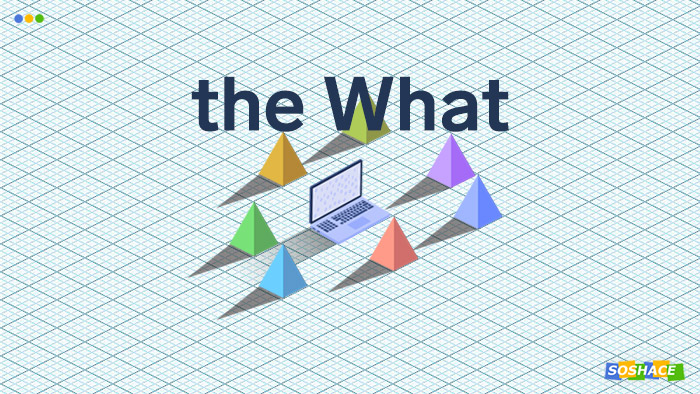
A coding bootcamp is a training/educational program designed to provide the students with applied programming knowledge. Notice the “applied” part — bootcamps put great focus on real-world skills and your marketability as an IT professional. This is where the difference from courses, books, and other theory-focused resources lies: bootcamps generally don’t utilize theory-heavy material, preferring to provide you with hands-on experience instead — hence, mastering coding interview tools would be more important.
Coding bootcamps have various stacks, prices, time spans, and teaching methods, but their general aim is to help you find a job as a developer.
Who are coding bootcamps for?

It’s a common misconception to label bootcamps as “beginner-only”. Coding bootcamps come in all shapes and sizes, so there’s bootcamp for everyone — just like they differ by the tech stack in focus, they also differ by the target audience.
It’s often cited that bootcamps are great for people looking to switch careers — this is true due to the practice-oriented approach. Thanks to that, the potential audience grows really large — and we can say that coding bootcamps are for people who…
- … want to get into development and/or get a basic understanding of what the developer job is all about.
- … want to receive practical development experience and apply it to escape the tutorial hell.
- … want to improve their skills because they’re not feeling confident enough to start freelancing or applying for jobs.
- … want to start their own company or work in the management area (e.g. assume the product manager role), so they do require coding skills, but only tangentially.
In essence, it’s not fair to say that bootcamps are “strictly for 21-year-old developers with exactly 9,5 months of coding experience”; instead, they are aimed at those people who can utilize the bootcamp’s potential to boost their career.
And how long are coding bootcamps?
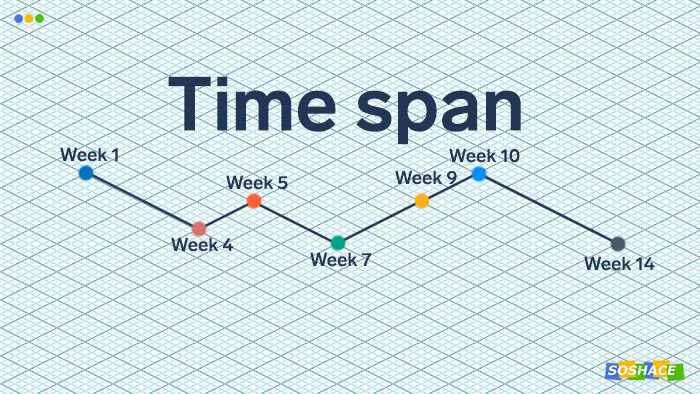
There are full-time and part-time bootcamps; while the latter option is suitable for people unable to quit their day job, the former one is far more popular. The main reason for that is the immersiveness — full-time bootcamps foster the “work hard” approach and feel like a real job, which is vital for the aspiring developers to try out.
In general, full-time bootcamps are 12-16 weeks long; part-time ones can go on for as long as 6 months. The bootcamp “work routine” is indeed similar to the real job: workdays are typically 8 hours long, followed by home assignments to prepare and self-study materials to go through. As Google engineer Clément Mihailescu puts it: What you put to these bootcamps is what you will get out of them.
Some developers approach bootcamps even more seriously than a real job: they’ve reported spending not 8, but 12-14 hours on the location. This may seem like overkill, but we need to remember that lectures and coding exercises aren’t the only components of the bootcamp experience; there’s also an opportunity to connect with like-minded people, share and discuss ideas, and collaborate on new projects — and this opportunity is what drives people to spend 10+ hours in bootcamps day in, day out.
How much are coding bootcamps?
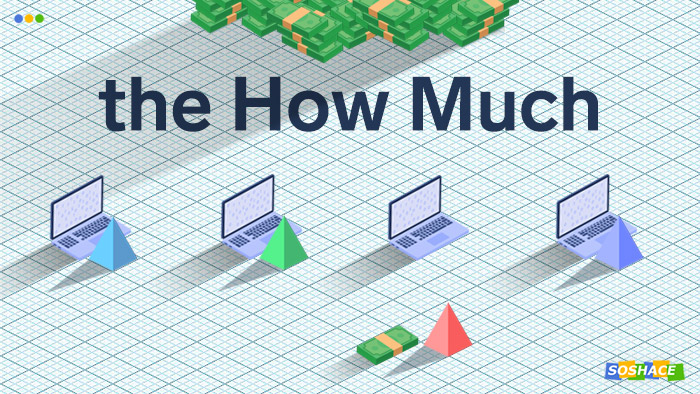
The price of a coding bootcamp is a pressing issue for many prospective attendees. It can be influenced by a number of factors: tech stack, location, time span (either full- or part-time), and so on. Keeping these factors in mind, we can take a look at bootcamp market and conclude the following:
- Tuition prices can range from $9,000 to $21,000.
- The average coding bootcamp price is around $12,000 (as evidenced by a Course Report study).
- There are, of course, free bootcamps.
It’s worth noting that paying the tuition upfront isn’t the only option: bootcamps offer deferred tuition which allow paying the tuition upon graduation and employment. Another option is the income share agreement — as the name suggests, you only pay a small amount of money as a deposit, then you pay a portion of your new job’s income (from 8% to 25%) for 1 to 4 years.
The price, therefore, acts as a motivating factor in and of itself: when you spend quite a hefty sum of money on something that doesn’t even guarantee employment, you feel very much inclined to do more, learn more, network more, and so on. Although this “motivation through stress” isn’t the most optimal path in terms of mental well-being, it certainly works for many people.
OK, and what are the benefits of coding bootcamps?
The main benefit of coding bootcamps is the streamlined learning process. In order to understand it better, we can take a look at how self-learning — the counterpart of coding bootcamps — happens:
- Become interested in programming in general or Technology L.
- Start googling “best resources to learn Technology L”.
- Start learning.
- Realize you should’ve focused on other aspects of Technology L (or start with learning Technology K instead).
- Try to pin down what you don’t know and which part of it has the highest learning priority.
- Become overwhelmed, grow disillusioned, and lose all motivation.
- Get reassured by an experienced developer that you should’ve picked any technology and persevere to get the programming basics down — but their advice is too late.
Although comical, this 7-step-journey probably rings true for you — at least in part. Coding bootcamps, on the other hand, are curated; their curriculum is hand-picked by industry professionals. Most importantly, they avoid claims like “THIS is the only correct way of learning programming” which are so ubiquitous on the internet.
Another great benefit is the motivation. Coding bootcamps are well-known for fostering the sense of community, belonging, and goal. Throughout the bootcamp’s duration, you surround yourself with talented mentors and goal-oriented learners — and this, we would argue, is what the development world is all about. Real-world jobs and projects aren’t, of course, so pristine and ideal, but this motivational impulse can still be carried on across the whole development journey.
Last but not least, networking plays a huge role; in this regard, bootcamps are really similar to universities as they both combine the power of information with the power of human connections. The IT world is growing ever so large and it’s becoming increasingly vital for a fresh developer to develop their professional network.
Controversies and criticism
Although this isn’t bootcamps’ fault per se, we still need to mention that some attendees approach their bootcamp experience with too much-unwarranted optimism — that is, they’re expecting that, within a few hours, a completion certificate will bring them this:
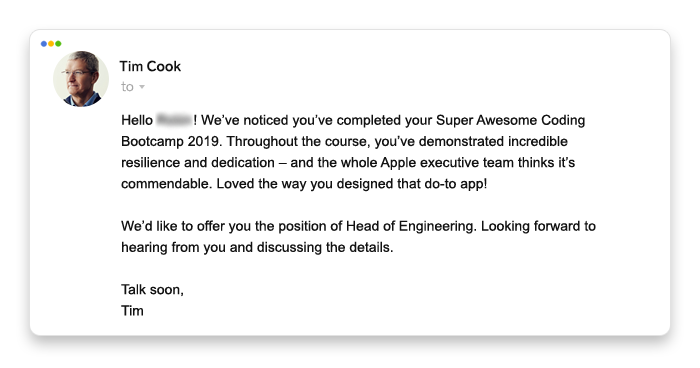
Slapping a phrase like “Completed the Super Awesome Coding Bootcamp 2019” on your resume isn’t a valid job search strategy — your potential employer will probably shrug and say “Well, good for you!” Ironically enough, this phrase actually holds quite a bit of wisdom: coding bootcamp is good for you and for you only, meaning that the employer cannot really derive any real benefits from your certificate. This is the way the IT sphere has organized itself: formal educational experience, although important, does not guarantee employment — neither does a course/bootcamp certificate.
For this reason, some IT recruiters don’t regard coding bootcamps as the litmus test of the candidate’s proficiency — they claim that, in many cases, the bootcamp participant’s GitHub account looks like this:
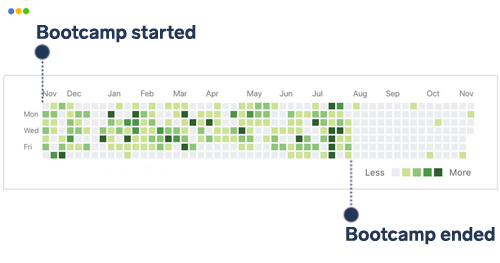
This highlights a major caveat: once the bootcamp is over, many participants lose their momentum and stop improving, so let’s reiterate this important point: the end of the bootcamp is only the beginning of your developer journey. Even though it’s tempting to follow along with the “Yay, school’s over!” mentality and go on a spring break, this relaxation period can quickly turn into a drawn-out and passive series of complaints like “Well, where are my job offers?”
But what does the data say?
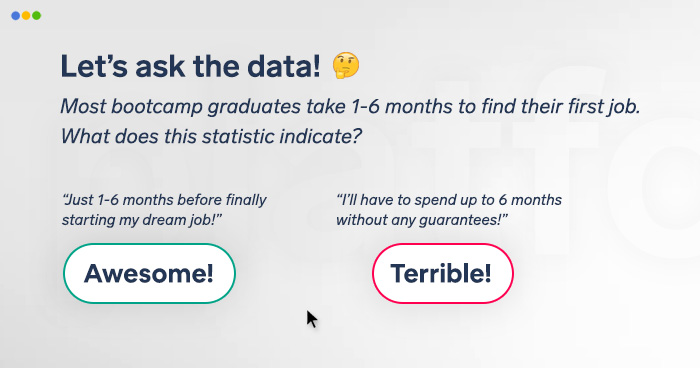
The data related to coding bootcamps can be interpreted in various ways: we can take the 2018 Coding Bootcamp Alumni Outcomes & Demographics Report by Course Report and explore the “Key Finding” section — we’ll learn that bootcamp alumni…
- Increase both their average and median salaries (34% and 49% respectively).
- Have a higher chance of working full-time.
- Find their first developer job in the time span of 1-6 months.
Here’s the problem: it’s incorrect to assume that a bootcamp is the sole contributor to this change. Job search is a long and complex process with many variables — and bootcamps, although important, cannot guarantee employment.
Organization and work process
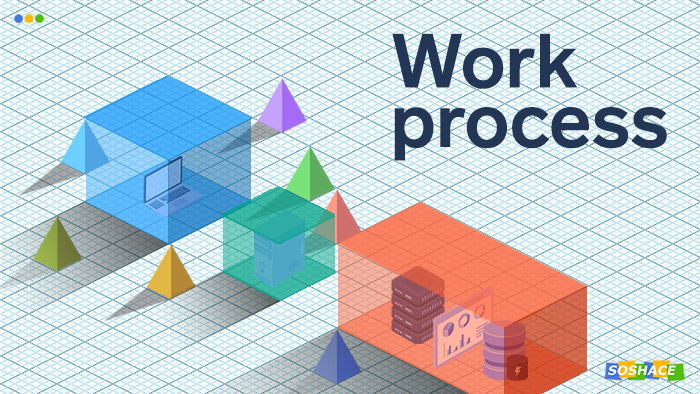
As a prerequisite, most bootcamps are expecting you to have some basic coding knowledge — booleans, loops, functions, statements, and so on. To help you learn/brush up on these concepts, bootcamps can provide some learning material for you to study. Then, a “foundational” month follows, expanding on the programming concepts which are more complex than those you’ve already learned — these new concepts are typically related to the language/technology you’ll be studying (e.g. scoping and closure in Java).
Typically, the course is divided into two stages: the first half of the bootcamp is focused on learning (either in groups or with the mentor); the second half is dedicated to building real projects, so you’ll probably have 3-4 completed projects when the bootcamp ends — you can show these projects off during the job interview or highlight them on your GitHub account. Thankfully, these projects won’t be a simple calculator or to-do apps; bootcamps usually encourage their participants to build something more engaging. Throughout the course, there will be several mini-exams to check your progress.
So what are the best coding bootcamps?
Although defining “the best coding bootcamp” isn’t a trivial task, let’s examine which benefits various bootcamps can offer you:
Hack Reactor
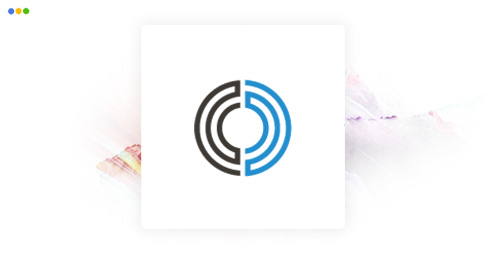
Focus: Full-stack JavaScript
Cost: $19,780
Remote options available
Boasting the Harvard of coding bootcamps
reputation, Hack Reactor proves it by the high standards it enforces: with hundreds of alumni currently working in companies like Google, Facebook, Apple, and Adobe, this bootcamp provides a great learning environment. Its price, however, can be the biggest discouraging factor: Hack Reactor’s tuition puts it very high on the list both quality- and price-wise.
App Academy
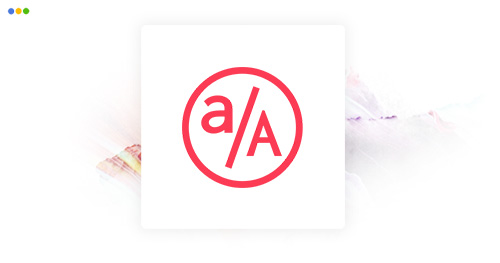
Focus: Ruby & JavaScript
Cost: 18% of income during the first work year
App Academy’s main advantage is the immersive learning experience: bootcamp participants will dedicate as much as 90 hours every week to coding. It also utilizes the income share agreement we discussed earlier: graduates will have to pay 18% of income during the first work year. The App Academy’s stack combines tested technologies Ruby on Rails with the most modern ones — React + Flux.
Bloc
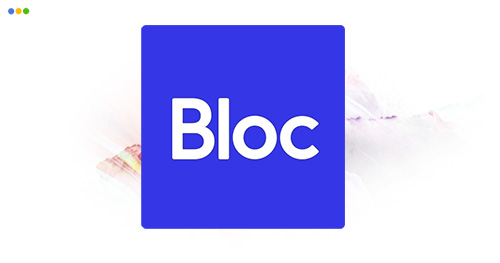
Focus: Full-stack web development
Cost: $8,500
Remote options available
Bloc is an outlier because the bootcamp’s team embraced the remote work and created the first tech school to offer self-paced online bootcamps in web development and design.
Still, Bloc aims to prove that remote learning isn’t less demanding or rewarding than in-person one: it provides a dedicated mentor for each student — the mentor will help to clarify concepts and pair program.
Le Wagon

Focus: Full-stack web development
Cost: $6,000—$7,000 (depending on the location)
Le Wagon takes the term “scope” to a new level — with campuses in more than 35 cities around the globe, it offers an immersive learning experience to help you build web applications. The course explores both back- and front-end technologies like Ruby on Rails, SQL, JavaScript, jQuery, PostgreSQL, and also delves into more abstract concepts like data structures, sorting algorithms, and UX.
General Assembly
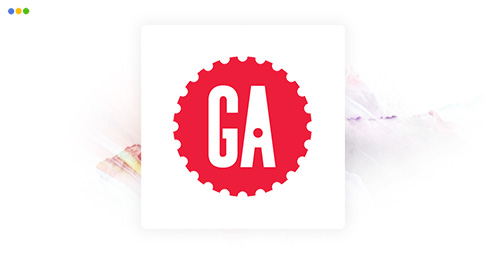
Focus: Software Engineering, Design, Data Science, Web Development, Product Management, and more
Cost: $13,500 for the Web Development Immersive
Remote options available
General Assembly offers an incredibly large number of topics; the Web Development Immersive, like other bootcamps we’ve just discussed, focuses on the powerful duo of Rails + full-stack JavaScript (in form of modern JS frameworks coupled with Express.js + Node.js).
Conclusion
Upon the bootcamp completion, it might be tempting to sit back, relax, and wait for that email from Tim Cook/Sundar Pichai/Elon Musk inviting you to work for their respective companies. However, that’s the wrong approach: even though the bootcamp is over, you need to retain the momentum and keep on becoming a better developer. Here are the most important factors you should focus on:
- Networking (e.g. attending meetups and conferences)
- Improving your soft skills.
- Building your online presence up via tech blogging.
- Further technical education.
- Resilience and perseverance.
- Mastering the art of technical interviews.



